You've been there. Your toddler melts down over vegetables while you're already running late, your work calls keep interrupting family time, and you catch yourself scrolling through social media only to see picture-perfect families that make your reality feel inadequate. A knot forms in your stomach—the one that whispers you're not doing enough.
Welcome to mom guilt, that relentless internal critic. If you've ever felt like you're failing at the impossible task of "having it all," you're not alone, and more importantly, you're not broken.
What Is Mom Guilt Really?
Mom guilt isn't just about feeling bad when things go wrong. It's that persistent feeling of shame and inadequacy that creeps in when we don't live up to our own impossibly high standards or society's expectations of what "good parenting" looks like. It's the voice that tells us we should be able to juggle work, relationships, household management, and child-rearing flawlessly—all while maintaining our own well-being.
The math simply doesn't work. When we try to be everything to everyone, something inevitably has to give, and too often, that something is our own well-being.
Why Mom Guilt Happens
Mom guilt stems from the collision of competing demands and unrealistic expectations. We live in a culture that celebrates the myth of the "supermom"—the woman who effortlessly manages a successful career, maintains a spotless home, raises perfect children, keeps romance alive in her marriage, and somehow finds time for self-care and personal growth.
This pressure comes from multiple sources:
- Social media that showcases highlight reels, not real life
- Cultural expectations about motherhood and gender roles
- Our own internalized standards of perfection
- Comparison with other parents who seem to have it all figured out
- Guilt over choices that affect our families, like working late or taking personal time
The irony is that guilt, while evolutionarily designed to help us maintain social bonds and behave ethically, becomes counterproductive when it's constant and overwhelming.
The Hidden Cost of Carrying Guilt
Living with chronic mom guilt isn't just emotionally exhausting—it takes a real toll on your physical and mental health. When you're constantly stressed about not measuring up, your body remains in a heightened state of alert, flooding your system with stress hormones like adrenaline and cortisol.
This chronic stress response can lead to:
- Physical symptoms like headaches, muscle tension, and digestive issues
- Mental health challenges including anxiety and depression
- Relationship strain as irritability and resentment build
- Decreased effectiveness in all areas of life
- Long-term health problems if left unaddressed
The cruel irony is that the guilt meant to make us better parents often makes us less patient, less present, and less capable of giving our families our best selves.
Strategies for Overcoming Mom Guilt
1. Reframe Self-Care as Family Care
One of the biggest guilt triggers is taking time for ourselves. We tell ourselves that any moment spent on our own needs is a moment stolen from our families. This thinking is not only flawed—it's dangerous.
Think of self-care as making deposits in your energy bank. Just like your checking account, if you keep making withdrawals without deposits, you'll face serious penalties. When you're running on empty, you're more likely to be irritable, impatient, and resentful—exactly the opposite of the parent you want to be.
Self-care doesn't require elaborate spa days or expensive retreats. It can be as simple as:
- Taking a 10-minute walk alone
- Enjoying a cup of coffee without interruption
- Reading a few pages of a book you love
- Taking a long shower
- Calling a friend who makes you laugh
- Practicing a hobby that brings you joy
Remember: taking care of yourself isn't selfish—it's strategic. A well-rested, fulfilled parent is better equipped to handle the demands of family life.
2. Practice Mindful Breathing
When guilt and stress build up, they can create a pressure-cooker effect where intensity keeps escalating. Learning to pause and breathe can help you step off this emotional rollercoaster.
Try the five-finger breathing technique:
- Hold up one hand in front of you
- Use the index finger of your other hand to trace your fingers
- Breathe in as you trace up each finger
- Breathe out as you trace down
- Continue until you've traced all five fingers
This simple practice helps activate your body's relaxation response and can quickly shift you out of stress mode. The best part? You can teach this technique to your children, modeling healthy stress management while taking care of your own needs.
3. Set Realistic Expectations
Social media and cultural narratives about motherhood can set impossible standards. Remember that what you see online is a curated highlight reel, not real life. That perfectly organized playroom wasn't photographed after a long day with sick kids. That Pinterest-worthy birthday party doesn't show the stress and exhaustion that went into creating it.
Instead of aiming for perfection, aim for "good enough." Your children need a present, loving parent—not a perfect one. They need to see you as a real human being who makes mistakes, learns from them, and shows self-compassion.
4. Build Your Support Network
Isolation intensifies guilt. When we keep our struggles private, they tend to grow larger and more overwhelming. Sharing your experiences with trusted friends, family members, or other parents can help you realize that your feelings are normal and your struggles are shared.
Consider:
- Joining parent groups in your community or online
- Scheduling regular check-ins with close friends
- Being honest about your challenges instead of putting on a perfect facade
- Seeking professional support from a therapist if guilt is significantly impacting your well-being
Sometimes just hearing another parent say, "I've been there too," can provide immense relief.
5. Challenge Guilt-Inducing Thoughts
Mom guilt often involves distorted thinking patterns. When you notice guilt arising, ask yourself:
- Is this thought based on facts or assumptions?
- What would I tell a friend experiencing this same situation?
- Am I holding myself to a standard I wouldn't expect of others?
- What's the worst-case scenario, and how likely is it really?
- What evidence do I have that I'm actually failing?
Often, we're our own harshest critics, holding ourselves to standards we'd never impose on others.
Embracing Imperfect Parenting
The goal isn't to eliminate mom guilt entirely—some degree of concern about our parenting is natural and even helpful. The goal is to keep guilt in perspective so it motivates positive changes rather than paralyzing us with shame.
Your children don't need perfect parents. They need real ones. They need parents who:
- Model self-compassion and emotional regulation
- Show them what healthy relationships look like
- Demonstrate that it's okay to make mistakes and learn from them
- Prioritize connection over perfection
- Take care of their own needs so they can better care for others
Moving Forward with Grace
Breaking free from mom guilt is an ongoing process, not a one-time achievement. There will be days when that critical inner voice speaks loudly, when you feel like you're falling short in every area of your life. That's okay. It's human.
On those difficult days, remember:
- You're doing the best you can with the resources and knowledge you have
- Your love for your children is evident in your very concern about being a good parent
- Perfection isn't the goal—connection and presence are what matter most
- You deserve the same compassion you'd offer a friend in your situation
- Taking care of yourself is one of the greatest gifts you can give your family
Mom guilt may never disappear entirely, but it doesn't have to run your life. By practicing self-compassion, setting realistic expectations, and prioritizing your own well-being alongside your family's needs, you can find a more balanced, sustainable approach to parenting.
If mom guilt is significantly impacting your daily life or mental health, consider reaching out to a mental health professional who can provide personalized strategies and support.
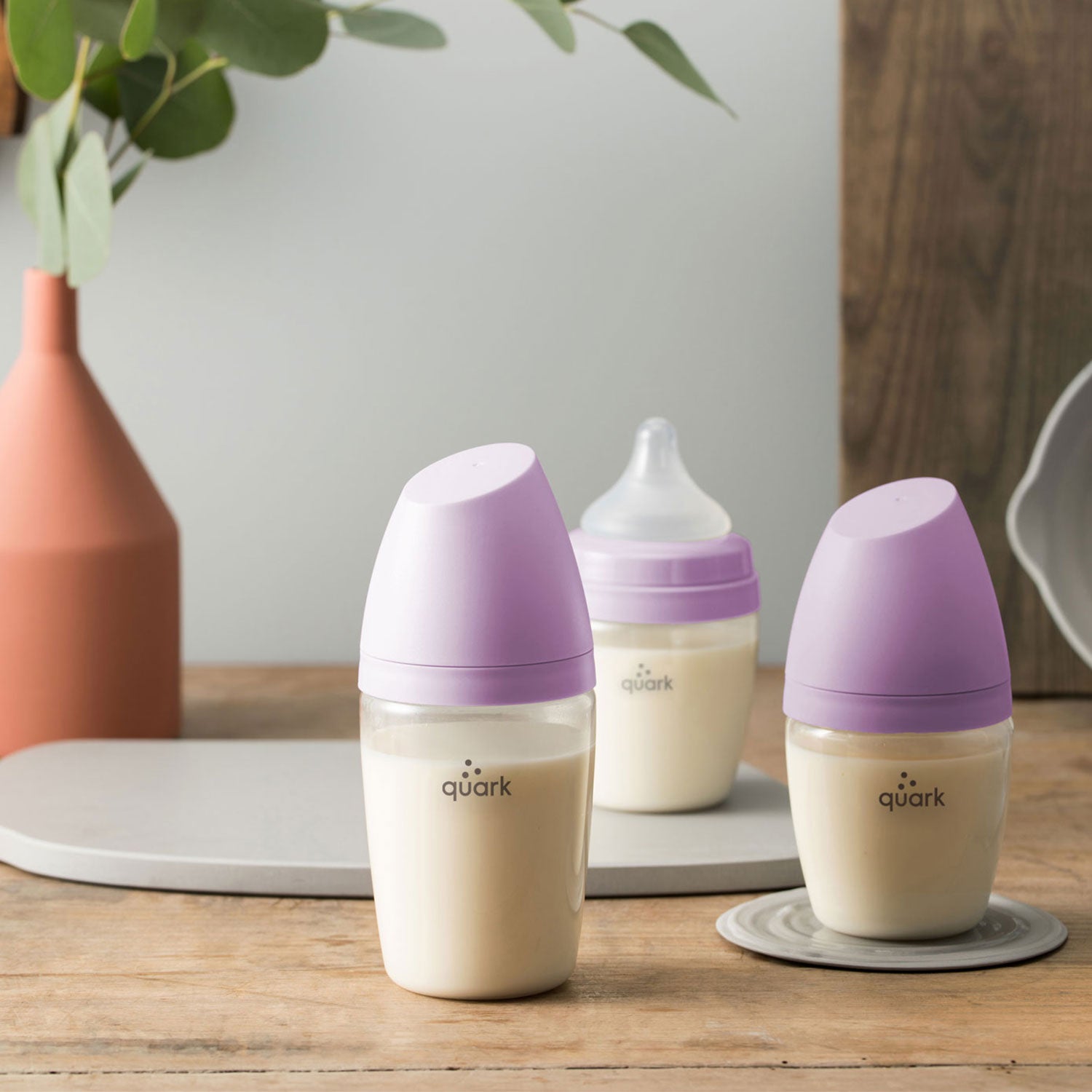
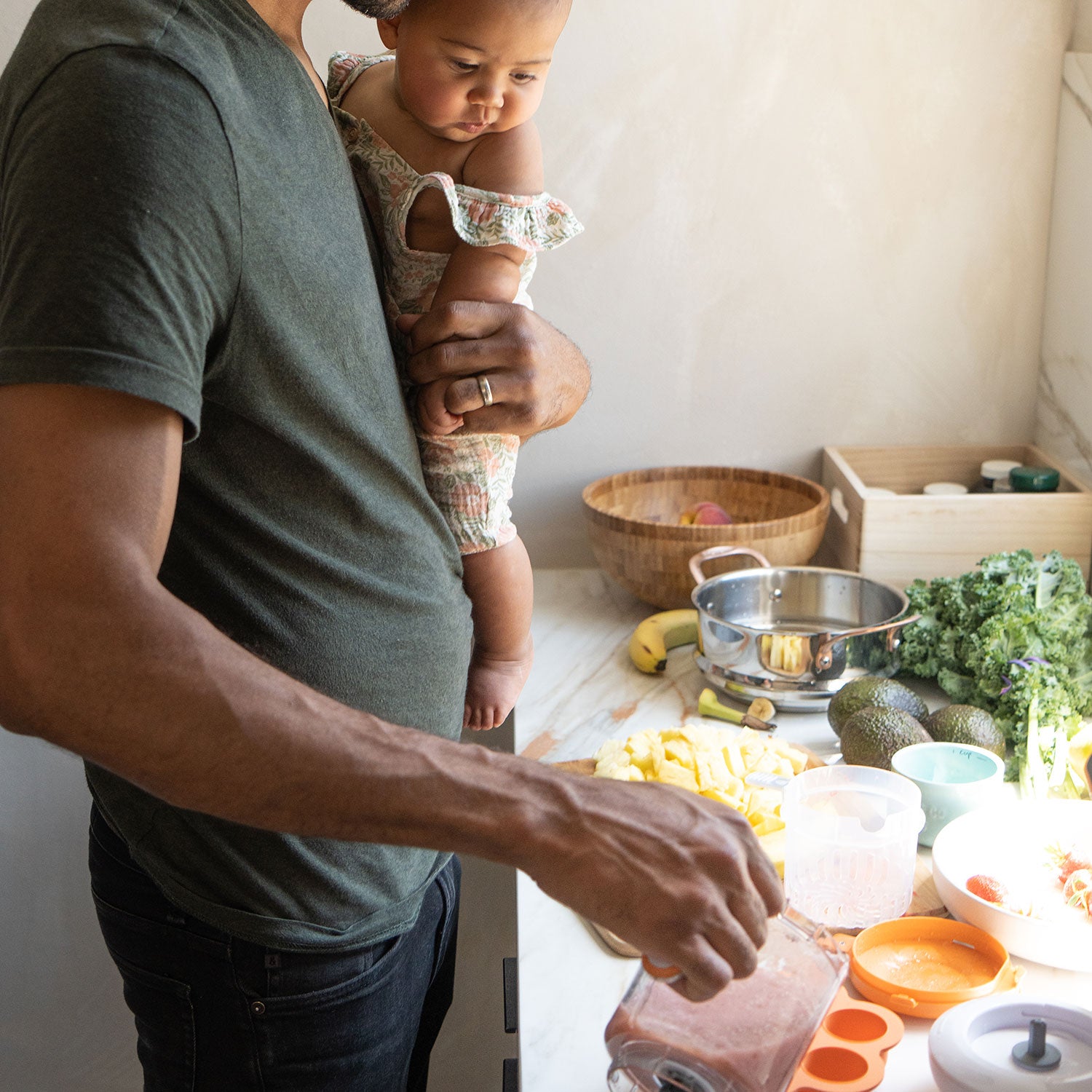

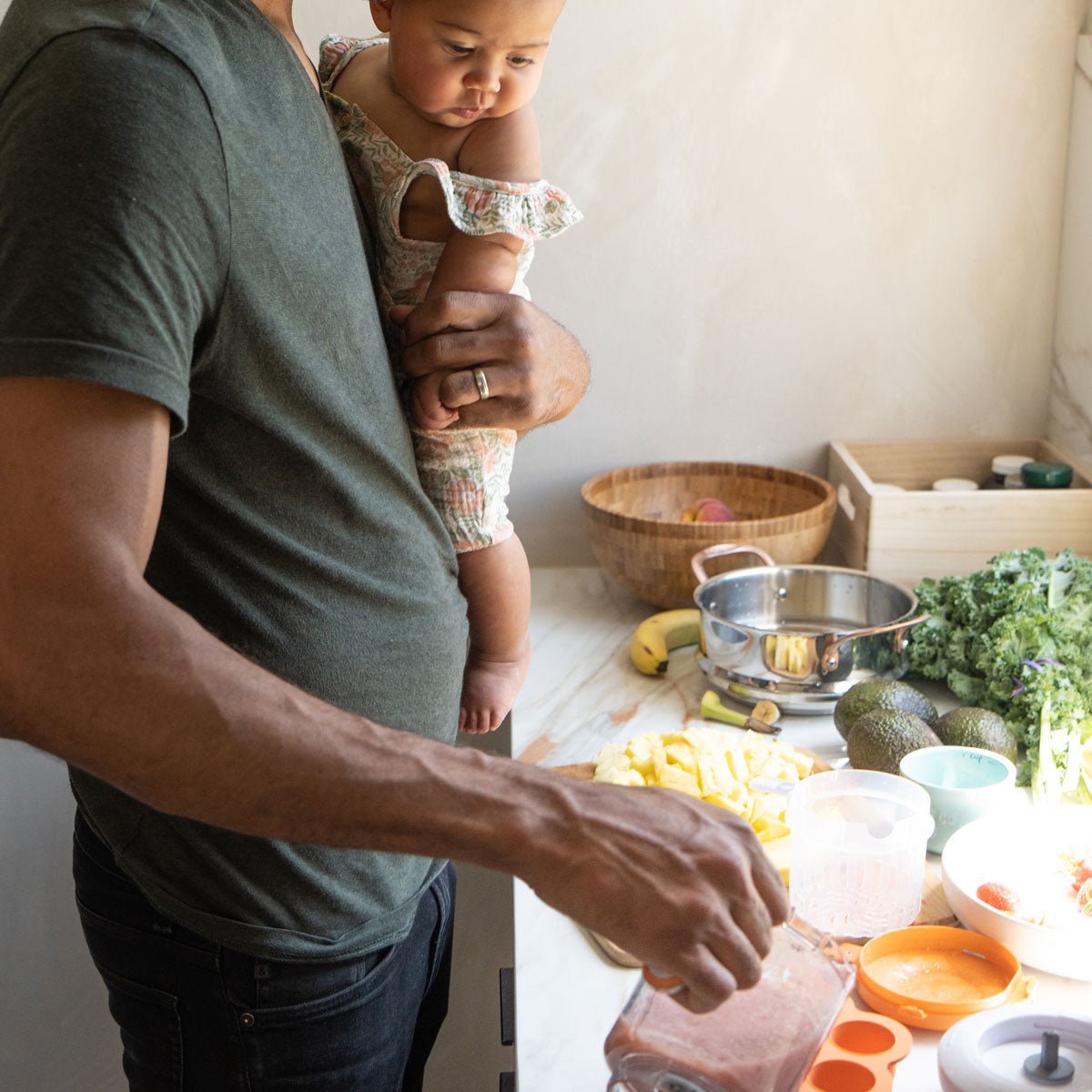



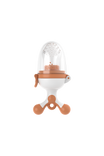
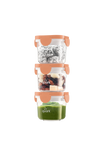


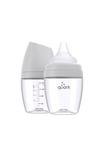
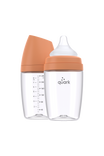


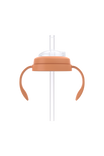
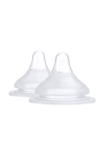
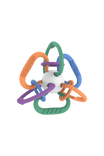




Laisser un commentaire
Tous les commentaires sont modérés avant d'être publiés.
Ce site est protégé par hCaptcha, et la Politique de confidentialité et les Conditions de service de hCaptcha s’appliquent.